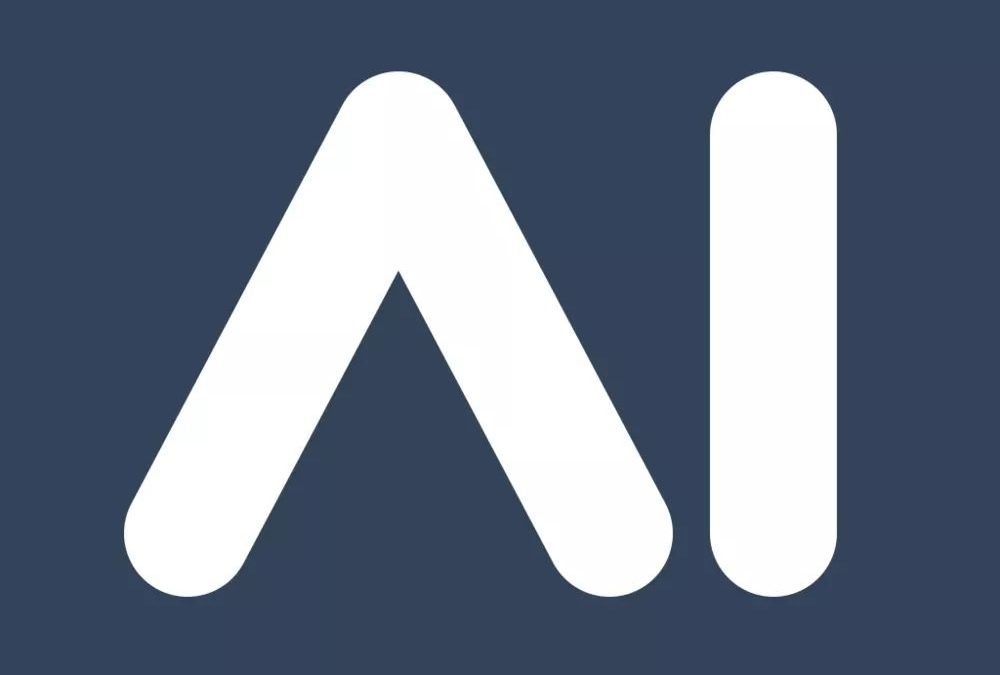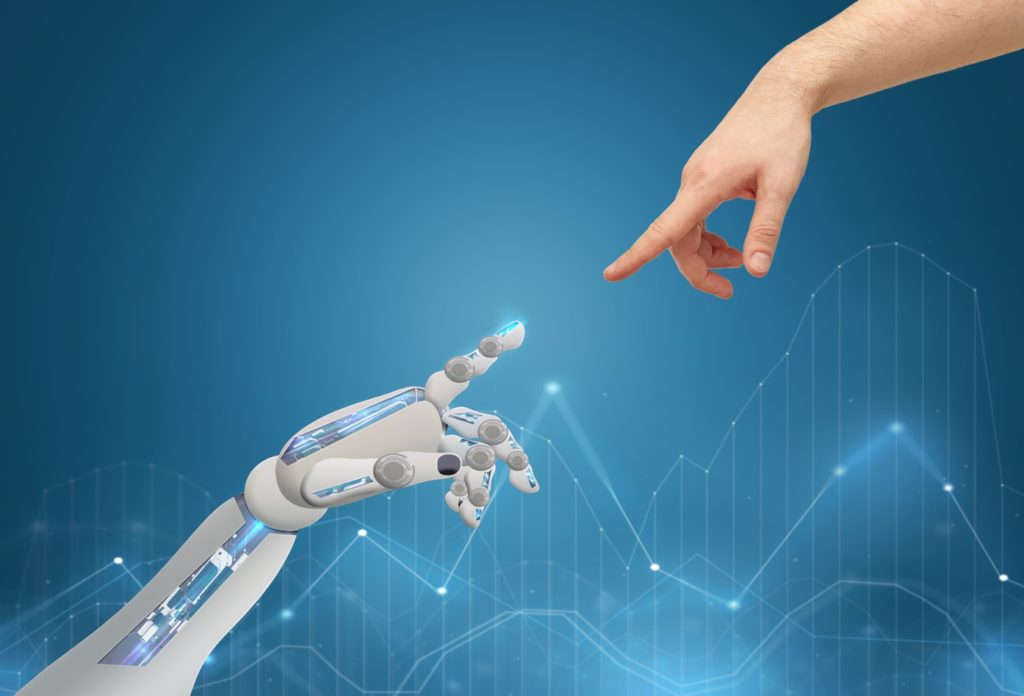Since its launch in November last year, the artificial intelligence chatbot ChatGPT has had a massive impact in just a few short months. Already, some schools have banned it as students quickly employed the bot to take shortcuts in their schoolwork, while debates rage on whether the bot will or won’t replace copywriters. It can also write code – so well, in fact, that when Google fed it a series of coding interview questions, its answers would have qualified it for an entry-level engineering position with annual compensation of USD$183,000.

But Saša Slankamenac, Architect at Dariel Software, doesn’t agree with the fears that AI will replace software developers. “In my view, AI is not coming for anyone’s job. These concerns crop up with every major new technology that’s released, and while these technologies may change and shape the world we live in, it doesn’t completely replace it.”
Exactly what these changes will be and when they’ll take place is not quite clear at this point, he says. “ChatGPT is now roughly where Google was in 1999 – most people vaguely understood there was this thing called the internet and that it had value, but it wasn’t widely adopted and commercialised yet. Right now, people are still trying different experiments to test AI technology like ChatGPT’s commercial value. Something will undoubtedly emerge that drives widespread adoption, but it hasn’t quite reached that stage yet.”
Still, he says, it’s much more likely to enhance human jobs and industries than to destroy it.
“AI is a generalist, not a specialist. It can only do what it’s been taught to do by a human. So, wherever AI is applied to meet the needs of a specific enterprise, a human will have to ‘train’ it to do the job. Problems are not generic, they’re bespoke.”
Take ChatGPT and copywriting as an example. It’s very efficient at writing ubiquitous copy such as automatic email replies, and doing so in a very average manner by using the common denominator of all the copy it’s been fed. As soon as you need creativity or a niche type of copy – say, a personal letter to your grandmother – it’s not very good. “You could, however, train it to write a specific type of niche copy and solve a bespoke problem. But you still need a human to train it,” explains Slankamenac.
“This means it will likely replace repetitive tasks, freeing up humans’ time to focus on other things. In the software development sphere, machine learning can increase development speed by automatically testing software at every stage, for example. Testing that normally takes hours of hand coding could be done in just a few minutes. That developer’s job will change, yes, but they’ll get to focus more on problem modelling and solving, or even building new AI models to solve those problems.”
And therein lies the caveat – those who don’t keep up with these changes could indeed lose their jobs, he says.
“The software development industry always rewards those who are willing to learn new things. There’s always a new tool on the way to improve the status quo. So, if you, as a developer, decide to specialise in one task and stick to it for your entire career, you will be out of a job soon – whether it’s replaced by AI or something else. It’s the nature of the industry. Continual learning is imperative throughout a developer’s career.”
The same goes for companies, he adds. “Technical debt only increases over time. The longer upskilling goes unaddressed, the sooner you’ll get stuck paying high costs in migration, hiring, or massive training efforts that could take months. Companies need to make sure they keep up with incremental upskilling, which will pay dividends in the long run.”
With the right mindset, AI is a powerful tool for software developers to enhance their craft. And while it will reshape software development and force developers to acquire new skills, it’s unlikely to replace them anytime soon, concludes Slankamenac. “The future of software development will require developers to have a growth mindset, continually learning and upskilling to stay relevant in a rapidly changing industry.”
About Dariel
Launched in 2001, proudly South African specialised software development firm Dariel is dedicated to overcoming its clients’ business challenges by integrating technology and software engineering. Working at a strategic enterprise level, Dariel empowers organisations across industry sectors to save costs, optimise processes, and grow business through innovative, custom-developed solutions. It has architected, designed, implemented, and supported hundreds of bespoke systems for some of South Africa’s top 100 organisations. https://www.dariel.co.za/
Related posts
Global | Didi Angaye Earns A Distinction Award, Another Feather To The Cap
On a bright sunny day, in the month of July, 2024, the prestigious Staffordshire University located in the West Midlands of England organised its Award giving and Graduation ceremony to honour graduates of various educational programmes and courses which it offers. Didi Timipah Angaye,…
Olu Of Warri Bags Award In UK, Wife Advocates Return To Cultural Values
The Olu of Warri, Ogiame Atuwatse III, has received the Leadership and Community Development award at the 14th African Achievers Awards (AAA), which took place at the Parliament House, United Kingdom. The award was presented by a member of the House of Lords, London, Rt…
Brit Awards | Asake, Burna Boy And Other ‘New Cats’ Get Nominations
Nigerian singers Burna Boy, Asake, and Rema have been nominated for the 2024 Brit Awards. The nomination list for the annual music awards show was released on Wednesday 25, January 2024. Burna Boy and Asake made the ‘Best International Artiste’ category, while ‘Calm…
Brit Awards 2024 | The Full List Of Artist(e)s
This year’s Brits nominees have been revealed ahead of the ceremony in London in March. Dua Lipa is the first star confirmed to perform at the event – but how many awards is she up for? Musicians including Raye, Central Cee, J Hus and Blur are also…
Despite Increased Transfer Volume And Institutional Adoption, Bitcoin Stays Below $60K
Bitcoin’s price hovers around $59K as increased transfer volume indicates a stable demand among investors. CryptoQuant data indicates buyers are absorbing the panic selling pressure around the $57K price level. Bitwise’s latest report suggests that institutional investors are still buying Bitcoin despite the recent price…
Traders Focus On Meme Coins As Bitcoin, Ethereum And XRP Erase Recent Gains
Bitcoin, Ethereum and XRP dip under key support levels at $60,000, $2,600 and $0.60 respectively. Tron ecosystem’s meme launchpad SunPump generates over $1.1 million in revenue within twelve days of its launch. Tron network daily revenue reached a record high of $26.83 million on Tuesday,…
Top 10 Cryptocurrencies To Invest in January 2024
-Michael Adams From Bitcoin and Ethereum to Dogecoin and Tether, there are thousands of different cryptocurrencies, making it overwhelming when you’re first getting started in the world of crypto. To help you get your bearings, these are the top 10 cryptocurrencies based on their market…
The Risk And Reward Of ChatGPT In Cybersecurity
Juan is an experienced CTO with a demonstrated history of working in the computer and network security industry. He is an information technology professional skilled in SAP and Oracle applications, computer forensics, vulnerabilities research, IPS/IDS and information security. Unless you’ve been on a retreat in…












